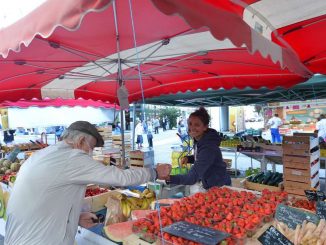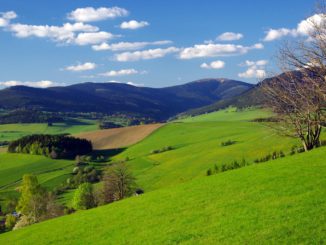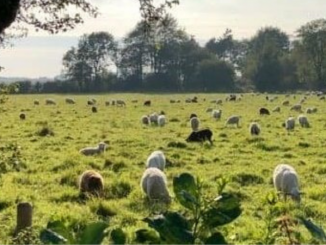Karen Hansen-Kuhn (IATP)
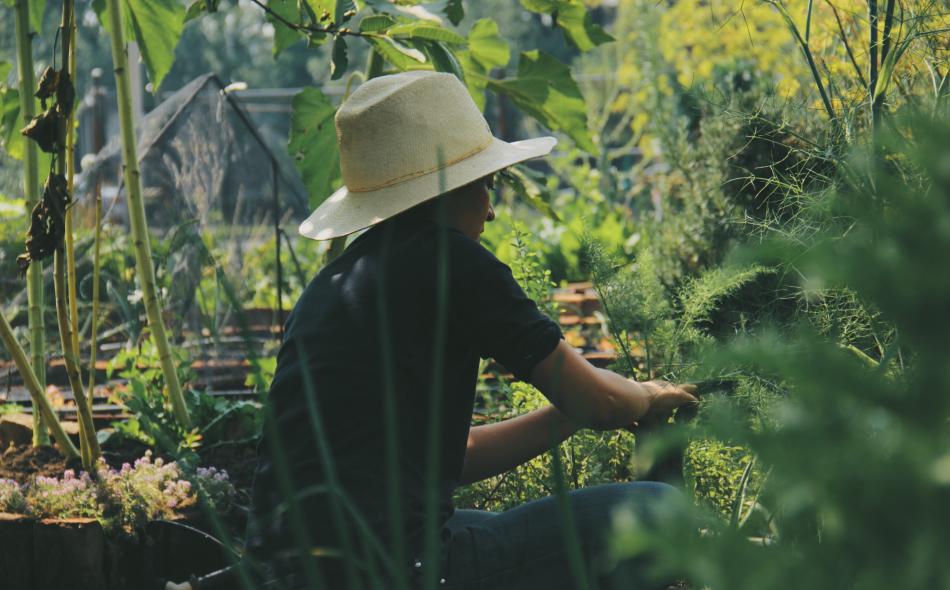
Finally defeating the TPP is a necessary first step. Building the alternatives through agroecology will be a vital element of a new approach moving forward. Some inspiration from organisations in Mexico, and Karen Hansen-Kuhn’s 2016 visit there.
Public opposition to free trade agreements that serve to increase inequality and concentrate corporate power has reached a loud crescendo, including in the United States, where the demise of the Trans Pacific Partnership (TPP) seems imminent. We got to this point through years of effort by thousands of civil society groups around the world, reaching out to educate people on the likely impacts of the very specific rules embedded in those documents, as well as defining alternatives for our economies, environments and food system. That debate was never simply about trade, it was about decisions on the kinds of economies and societies we choose to accept.
And it’s not over yet. There is a concerted demand by progressive civil society organizations around the world to halt the current round of agreements and to insist on a different process, different rules, and a different vision of what comes next. The question was never whether we would trade, but what kinds of rules could be set in place that serve to reduce inequality, build local economies and enhance environmental sustainability.
Those alternatives must be grounded in the kinds of economies and societies we want. I witnessed some elements of an alternative approach at the Second International Conference on Rural Economies and Agroecology in the Americas, held in Texcoco, Mexico. The conference was convened by Mexican organizations including Mexican farmers’ organization ANEC, Semillas de Vida, and the Agroecology Program at Chapingo Autonomous University (in Texcoco), which is celebrating its 25-year anniversary. Renowned Indian author and activist Dr. Vandana Shiva was a keynote speaker at the event.
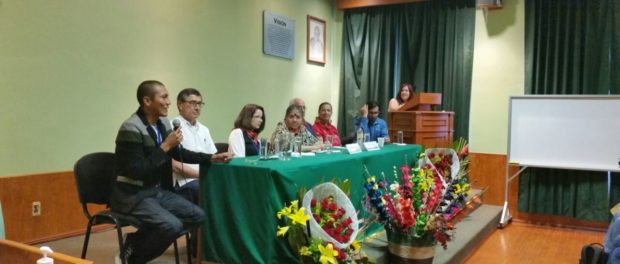
IATP was a co-sponsor with those organizations of the first conference, held last year in Mexico City. That meeting highlighted the scientific evidence in favor of agroecology and the “dialogue of knowledges” inherent in a process that brings together farmers’ knowledge of what works in their specific situations with new information on ways to produce that works with nature to enhance food production, farmers’ livelihoods and ecosystems.
This year, the focus embodied that dialogue of knowledges even more directly. About a third of the 500 or so participants were farmers from different parts of Mexico. Many students from the Chapingo Agroecology program also participated, not only learning from the expert presenters, but raising questions and asserting their own ideas. And food and farming leaders from Mexico, Brazil, Guatemala and Venezuela presented lessons from their own experiences. Mexican researcher Miguel Angel Damian Huato summarized one discussion with the observation that agroecology is based on technologies generated and regenerated in different times, combining traditional knowledge with newer techniques.

Representatives of the Frente de Pueblos en Defensa de la Tierra de San Salvador Atenco (FPDT) challenged conference participants to go beyond the confines of the auditorium to support a very real struggle going on nearby, where social movements have been campaigning against the construction of a new airport for more than 15 years. I was part of a delegation from the conference to visit community and learn about their campaign of resistance.
As we travelled to the site, FPDT leader Ignacio del Valle told us about the history of the area. Centuries ago, emperor and poet Nezahualcoyotl established extensive gardens along Lake Texcoco, including the planting of massive Ahuehuete trees (“old man of the water” in Nahuatl). Many of those ancient trees have died as a result of the lowering of the water table in recent years. Ignacio pointed out one of those trees that he said symbolizes their struggle, as it continues to resist despite tough conditions. In many ways, the community’s heritage, identity and livelihoods is connected to this land. If it is paved over to build a new airport, those connections will be lost.
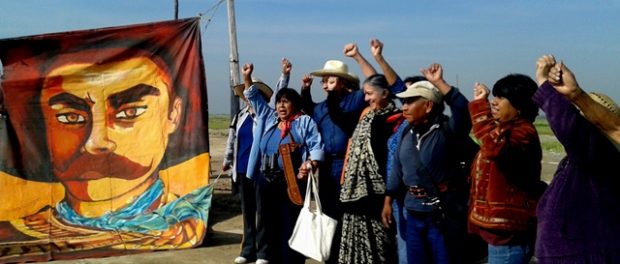
Agroecology flourishes in situations in which the farmers who know their lands best can work with specialists from other disciplines to find new solutions. ANEC’s program for example, works with farmers to replace reliance on external inputs with an integrated approach based on farmers’ and scientists’ knowledge to increase yields sustainably and increase resilience and livelihoods. The key components of its program focus on farmers as producers of food and knowledge (rather than objects of charity); the establishment of cooperative organizations throughout the value chain; crop and soil ecosystem balance; continuous farmer-to-farmer, farmer-to-scientist, and scientist-to farmer training; local seed production and reliance on biological inputs including humus, microorganisms, plant extracts; continuous analysis of interactions among soil, water, plants and microorganisms; and local weather stations accessible to farmers, among other techniques.
ANEC leader Victor Suarez is also active in the Mexican campaign on TPP. Mexican farmers have a long experience with free trade. NAFTA displaced millions of corn producers, and Victor explained to me that the TPP would add new threats to the interests of Mexican coffee and dairy producers, as well as requiring adherence to intellectual property rules that lock in corporate control over seeds.
Removing those obstacles by defeating the TPP is a necessary first step. Building the alternatives through agroecology will be a vital element of a new approach moving forward.
More
Agroecological Transition in Mexico: ANEC’s journey to a Better Farm and Food System
All ARC2020 articles on agroecology



